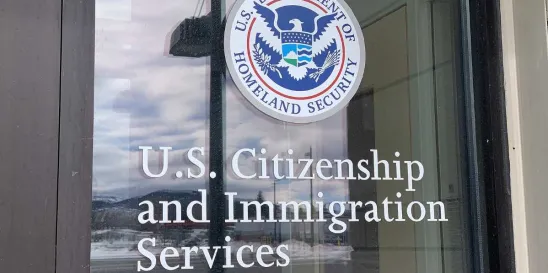USCIS has issued new policy guidance explaining how it determines whether a beneficiary has met the two-year home residence requirement applicable to nonimmigrant exchange visitors in J status.
Individuals in J status come to the United States to participate in an approved program for the purpose of teaching, instructing or lecturing, studying, observing, conducting research, consulting, demonstrating special skills, receiving training, or to receive graduate medical education or training. At the conclusion of their J-1 status, they generally must spent an aggregate of two years in their home country before being eligible to apply for other immigration benefits in the United States.
Under the new policy, which went into effect immediately:
- USCIS will use a preponderance of the evidence standard to determine whether the requirement is met.
- The country of where the requirement must be met will be determined based upon the country listed in the DS-2019, Certification of Eligibility for Exchange Visitor Status.
- In calculating the two-year requirement, USCIS considers any partial day spent in the required country as a full day.
- If the beneficiary cannot return to the relevant country due to civil unrest, travel bans, or other similar issues, the USCIS will consider whether the two-year home residence requirement can be waived on a case-by-case basis.
- Foreign medical graduates (FMGs) who work for three years practicing medicine in a healthcare facility in a designated underserved area can obtain a waiver of the two-year requirement. The new policy guidance clarifies the three exceptions to meeting the waiver criteria:
- An FMG may practice medicine for three years with the U.S. Department of Veterans Affairs (VA), even if the VA facility is not in a designated shortage area.
- An FMG may practice clinical medicine for three years employed by an interested federal agency rather than practicing in a designated shortage area.
- An FMG may practice specialty medicine for three years, as requested by an interested state or federal agency, which demonstrates there is a shortage of the specialty available to patients in the area who will be served by the FMG.




 />i
/>i
